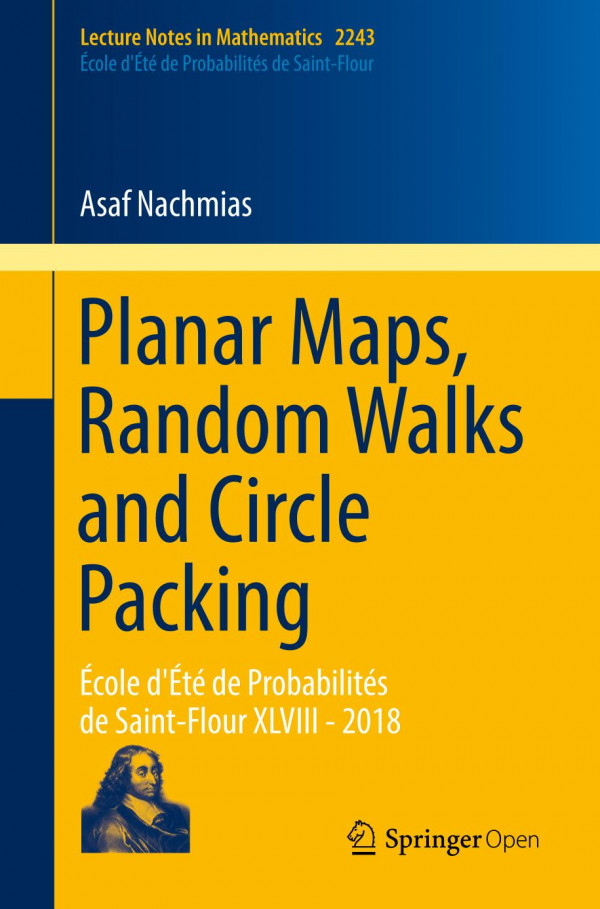

Most ebook files are in PDF format, so you can easily read them using various software such as Foxit Reader or directly on the Google Chrome browser.
Some ebook files are released by publishers in other formats such as .awz, .mobi, .epub, .fb2, etc. You may need to install specific software to read these formats on mobile/PC, such as Calibre.
Please read the tutorial at this link: https://ebookbell.com/faq
We offer FREE conversion to the popular formats you request; however, this may take some time. Therefore, right after payment, please email us, and we will try to provide the service as quickly as possible.
For some exceptional file formats or broken links (if any), please refrain from opening any disputes. Instead, email us first, and we will try to assist within a maximum of 6 hours.
EbookBell Team

4.8
34 reviewsThis open access book focuses on the interplay between random walks on planar maps and Koebe’s circle packing theorem. Further topics covered include electric networks, the He–Schramm theorem on infinite circle packings, uniform spanning trees of planar maps, local limits of finite planar maps and the almost sure recurrence of simple random walks on these limits. One of its main goals is to present a self-contained proof that the uniform infinite planar triangulation (UIPT) is almost surely recurrent. Full proofs of all statements are provided.
A planar map is a graph that can be drawn in the plane without crossing edges, together with a specification of the cyclic ordering of the edges incident to each vertex. One widely applicable method of drawing planar graphs is given by Koebe’s circle packing theorem (1936). Various geometric properties of these drawings, such as existence of accumulation points and bounds on the radii, encode important probabilistic information, such as the recurrence/transience of simple random walks and connectivity of the uniform spanning forest. This deep connection is especially fruitful to the study of random planar maps.
The book is aimed at researchers and graduate students in mathematics and is suitable for a single-semester course; only a basic knowledge of graduate level probability theory is assumed.